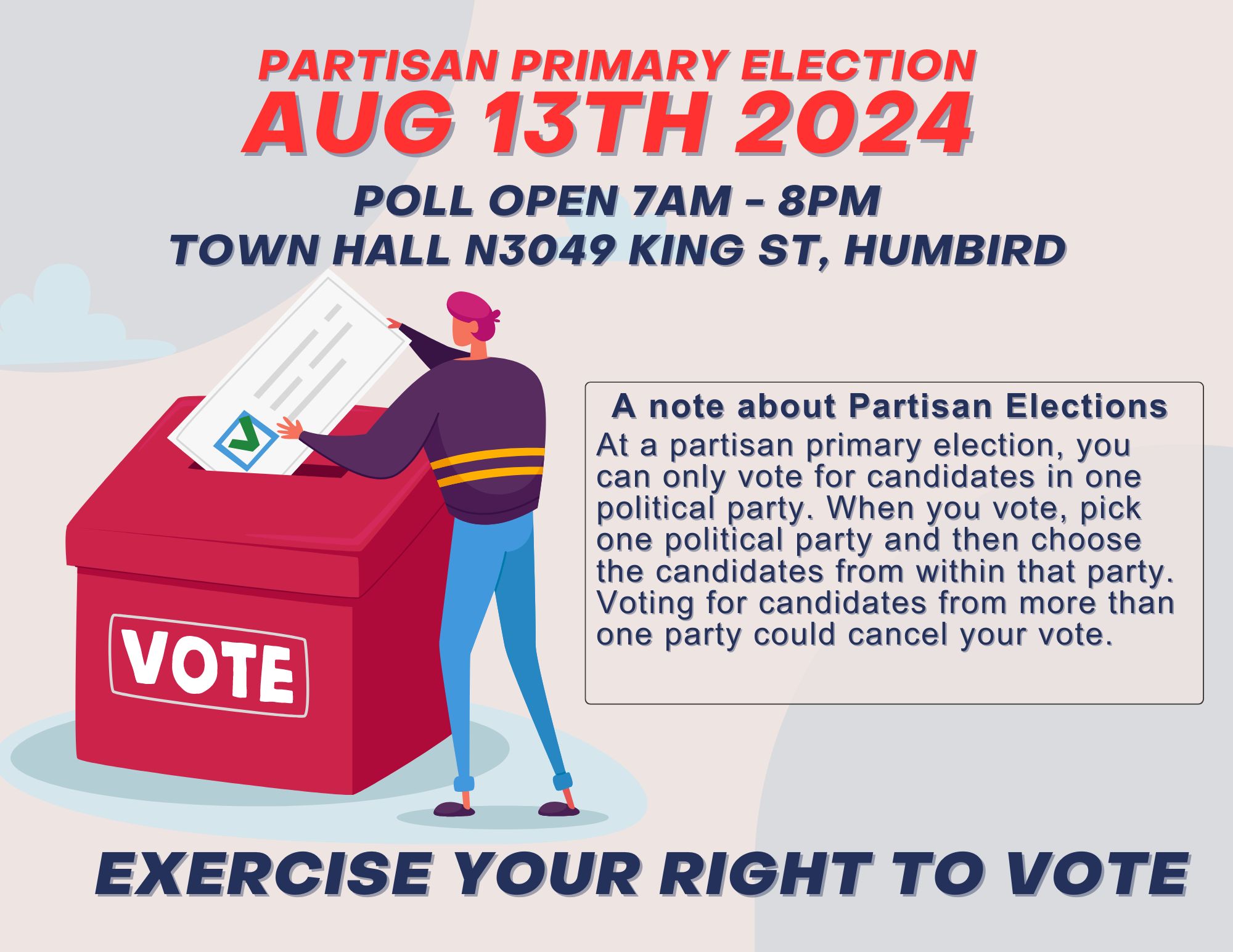Voters will head to the polls on August 13th from 7am to 8pm, to select their party’s candidates for the general election. This primary is crucial as it narrows the field of candidates, giving party members the power to choose who they believe best represents their values and priorities. In many states, this primary will feature a range of candidates for various offices, including gubernatorial, congressional, and local positions. The stakes are high, as the outcomes will shape the political landscape leading into the November general elections. Key issues such as healthcare, education, economic recovery, and infrastructure, boarders, are likely to dominate the campaigns, reflecting the concerns of voters across the political spectrum.
Participation in the primary is vital. It’s an opportunity for voters to have a direct impact on who appears on the ballot in November. Historically, primary elections see lower turnout compared to general elections, but their importance cannot be overstated. The candidates chosen will go on to face off against the opposing party’s nominees, setting the stage for the final electoral contest. For voters, this primary is a chance to voice their preferences and influence the direction of their party. Engaging in this democratic process ensures that the most representative and effective candidates move forward. As August 13th approaches, it is crucial for eligible voters to research the candidates, understand their platforms, and make informed decisions at the polls. This primary is not just a preliminary event; it is a foundational step towards shaping the future of local and national governance.






